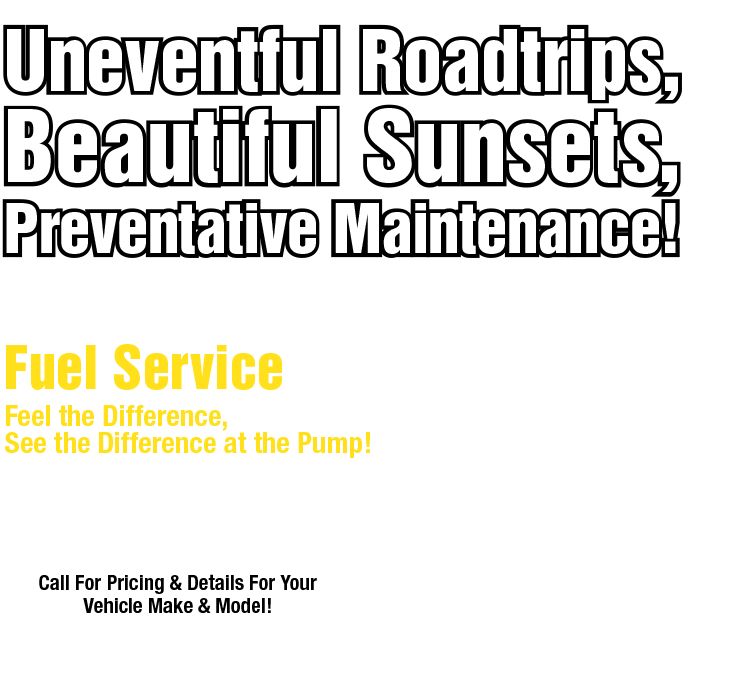How Much Does It Cost? (Variations in Vehicle Repair Costs)
April 10, 2022
Ever wonder why it costs so much more to fix a similar problem in two different vehicles? Let's say you now own an SUV and before that, you owned a car. Your SUV's air conditioning system needs a new evaporator, but the cost for the new one is way more than you remember it was for your car. How can there be that big of a difference?
There are many reasons. For one thing, vehicles aren't all the same. Yes, they have engines and steering wheels and suspensions, but engineering and design can vary widely among different styles and brands.
In the case of replacing the evaporator, the one in your former car may have been located in a spot where the technician could get to it easily. Plus, the part may have been less complicated and, therefore, cheaper. Your SUV may require the entire dashboard to be removed with special tools to detach the a/c lines from the evaporator. Plus, since it is supplying cool air to a bigger cabin, it may be more complicated; the part itself may cost quite a bit more.
But you're not an expert, so how do you know the price is fair? This is where it helps to establish a good, long-lasting relationship with a reputable service repair facility. They know you, they know your vehicle and they value keeping you as a customer. A facility that doesn't care about repeat business may try to suggest more repairs than are needed or inflate their prices. But those shops are unlikely to stay in business very long since their reputation gets around.
If you've been taking your vehicles to the same shop for several years, you've had experience with them and know their policy on labor costs and parts prices. At some point you may wonder if it's worth it to keep putting money into your vehicle, and if you know your service advisor, you have developed a trust for his or her advice.
Keep this in mind, too. Vehicle designers and engineers have made significant progress in things like powertrain technology and rust prevention. That means today's vehicles are meant to last longer. One study in a major consumer magazine shows that if you can keep your vehicle on the road for 200,000 miles/320,000 km, an average of 15 years, some vehicles can save you up to $30,000 or more. Investing in repairs can make a lot of sense.
Tire Warehouse Depot
250 N. Lapeer Rd.
Lake Orion, Michigan 48362
248-929-0699
Need Service?
More articles from Tire Warehouse Depot

Mileage Headed Downhill? (What Causes Bad Fuel Economy?)
January 18, 2026
Name someone you know who enjoys spending a lot of money on gasoline. Yeah, me neither. Thats because it costs quite a bit to keep fueling your vehicle. One way to save money on gas is to get good fuel economy, and most of todays vehicles are designed to maximize your mileage. But you might f... More

You Are the Fluid Detective! (Leaking Fluids)
January 11, 2026
When you see some liquid sitting underneath your vehicle, your mind starts churning. Is that normal? Is that something serious, or did I just spill my drink? Heres a quick list of what those fluids look, smell and feel like, as well as what they might be. No, we dont recommend you taste them to ... More

(Ball Joint Replacement)
January 4, 2026
Every day that goes by, our bodies get a little more wear and tear on them. Our vehicles have the same issue. The older we get and the farther we travel, certain parts start showing some wear. Think of your hips. There are parts of our vehicles that are similar to them; just like hips allow y... More










